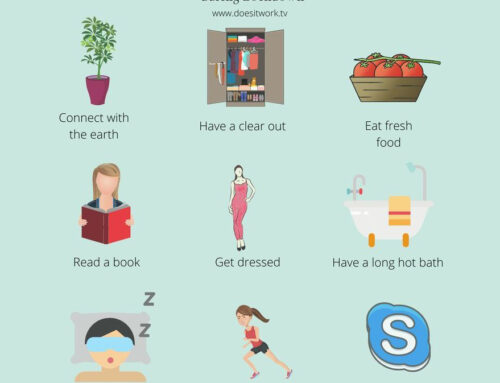At the start of every January we all lay out what we want to accomplish in the new year. If you are like most people, weight loss probably tops your list. But unless you know how to set realistic weight-loss goals and are willing to commit to an eating plan, you may be setting yourself up for failure.
Starting a weight-loss regimen or eating plan may seem daunting at the beginning, particularly if you’ve tried in the past, only to see the weight come back later. So we have outlined some tips for losing weight, from getting started to keeping the weight off.
- Set a realistic goal.
Doctors generally recommend that people aim to lose 5 to 10 percent of their body weight over six months. However, everybody loses weight differently. For some, weight loss can be seen over the first week, for others the process is slow and gradual. Consistency is key, so keep following your plan and don’t become despondent if you feel like you are not seeing results as fast as you would of liked.
- Don’t let hunger stop you.
“Hunger is one reason many people don’t stick with a weight loss plan for more than a few weeks. When you eat less, your fat cells release more hunger hormones, which increases your appetite,” says Dawn Noe, RD, LD, CDE.
Don’t give up because you get too hungry. The first few weeks are the hardest but you will soon find that by replacing processed carbs and sugar with healthy eating alternatives, your body will start staying fuller for longer. Your cravings will also reduce and eventually, although you may be eating less, you will not be feeling as hungry as you were when you started off.
- Focus on behavior, not your scale.
It’s easy to get discouraged when you look only at your weight.
“Focus instead on making good food choices, and watching portions says Anna Taylor, MS, RD, LD. “If you lead with these behaviors, the weight loss will follow.” Replace a goal like “lose 3 Kg in 1 week” with specific mini-goals, like “walk 20 minutes a day,” or “keep a daily food log.” If you’re disappointed with your weight progress at week’s end, reflect on how well you stuck to each goal.“If you’ve made healthy changes, congratulations!” she says. “If you fell short, ask yourself why. Were the goals too difficult? Do you need a stronger support system? Is a major barrier in your way? Then either tweak your goals or focus on the factors you can control.” Try tracking lifestyle changes, food, exercise and weight in a journal. At the end of each week, check off which new habits are going well and which need more work. “Your health is a lifelong journey,” she says.
- Plan tomorrow’s meals today.
Planning ahead stops that “grab what you see” panic that sets in when you wait to plan dinner until you’re starving at 6 p.m. When you sit down for dinner tonight, plan what you’ll eat for dinner tomorrow.
“It’s so much easier to do when you’re not hungry,” says Andrea Dunn, RD, LD, CDE.
- Get serious
When we talk about weight loss, we almost always talk about what kinds of food and how much food we should eat to lose weight. Secondarily, we talk about how much and what types of exercise we should do. It seems obvious to do so. However the one thing that all serious weight losers do is modify their behavior. Essentially, this means they make a serious commitment to losing weight, one way or another.







Leave A Comment
You must be logged in to post a comment.